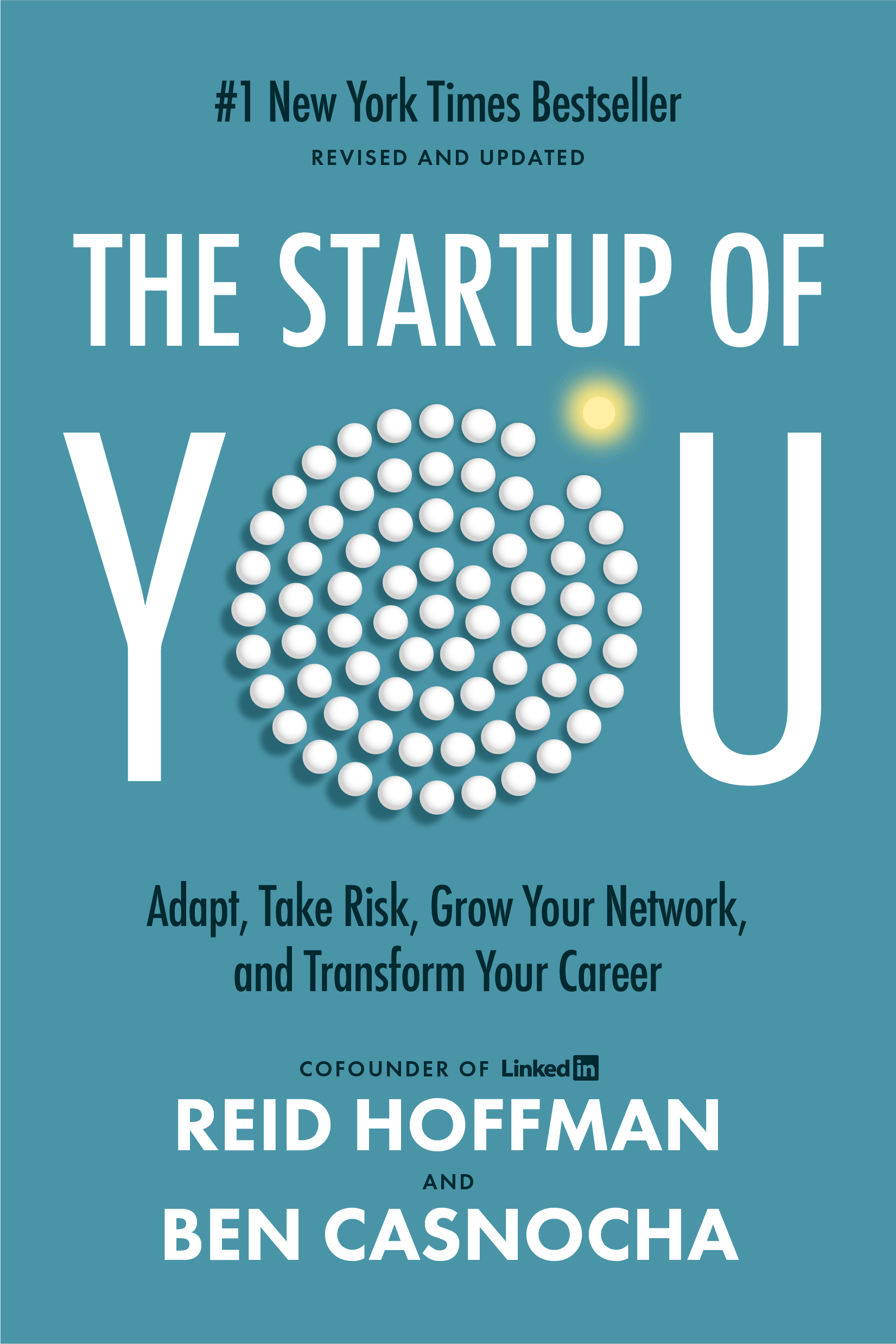Despite the fact that nothing important in life is done alone, we live in a hero-obsessed culture. If you survey the population, asking people how they think a company like Tesla skyrocketed to prominence, you’ll probably hear all about Elon Musk but not a peep about the team he built around him, which was essential to his success. In fact, most people can’t even name another executive or employee who works at Tesla or SpaceX. (Can you?) And if you ask the average person about the success of a person like Musk, you’ll hear he got to the top because of things like hard work, intelligence, and visionary creativity.
Typically, explanations of a person’s success consist of all kinds of individual attributes. Books that promise to improve your life are shelved under “self-help.” Seminars that promise to teach you how to be successful are considered personal development. Business schools rarely teach relationship-building skills. It’s all about me, me, me. Our individual assets and attributes do of course have a central place in the crafting of our careers, but why do we so rarely talk about the friends, allies, colleagues, and even strangers who propel us along the way?
In part it’s because the idea of self-made success makes for a good story, and stories are how we process a messy, complex world. Good stories have a hero and a villain, a central conflict, and a resolution from which either the hero or the villain (usually the hero) emerges the victor. It’s easier to tell stories that neglect the surrounding cast. Superman and His Ten Allies doesn’t quite roll off the tongue the way Superman does. We’ve been telling and retelling stories like these for centuries. Benjamin Franklin himself “artfully constructed his Autobiography as dazzling lessons in self-making.” Americans are particularly eager to embrace the self-made-success story because we are a country that has long celebrated the ideal of a guns-blazing John Wayne and the rugged individualism he stood for.
But tidy hero’s-journey narratives like these are misleading. In actuality, Franklin’s networks and relationships were a defining aspect of his life, as you’ll see in the next chapter, and those relationships played a huge role in his success. Indeed, if you study the life of any notable person, you’ll find that the main character operates within a web of allies. As tempting as it is to believe that we are the sole heroes of our own stories, we are enmeshed in cities, companies, organizations, families, society at large—collections of people who shape us, help us, and yes, sometimes even hurt us. It is impossible to dissociate an individual from the environment of which they are a part. No story of achievement should ever be removed from its broader social context.
The self-made person may be a myth, but the old saw “There is no I in team” is wrong, too. There is an I in team. A team is made up of individuals with different strengths and abilities. Simone Biles needed her teammates to become the United States’ leading gold medalist in gymnastics (as points are awarded on a team basis). Yet no one would dispute that she has been more crucial to the American team’s Olympic success than anyone else in recent memory. Conversely, one bad apple in an otherwise high-performing group can spoil the whole bunch. Research shows that a team in the business world will tend to perform at the level of the worst individual team member. Your individual talent and hard work may not be sufficient for success, but they are absolutely necessary.
“I” versus “We” is a false choice. Both the individual and the team matter. Your career success depends on both your personal capabilities and your network’s ability to magnify them. These are inseparable. Think of it as I/We. An individual’s power is raised exponentially with the help of a team (a network). But just as zero to the one hundredth power is still zero, there’s no team without the individual. This book is titled The Startup of You, but really, the “you” is both singular and plural.



